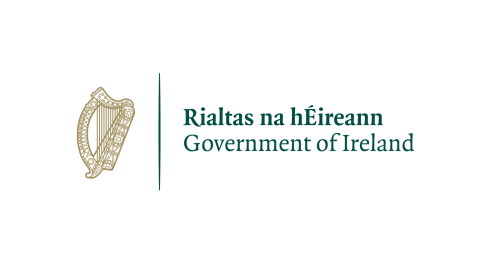Knowledge Database
Frequently Asked Questions
Frequently Asked Questions
All applicants availing of funding must be resident in Ireland.
All successful applicants will qualify for DASBE funding once the applicant is resident in Ireland.
DASBE (Digital Academy for the Sustainable Built Environment) is a hub for upskilling, capacity building and education in the construction sector. The DASBE Consortium provides blended education in critical areas needed to upskill the construction and retrofit sectors.
DASBE is offering the construction industry a range of subsidised courses in Energy Efficiency, Circular Economy and Digitalisation.
For more detailed information, see the About page.
A module is a particular unit of study on a particular topic e.g. Maths or Web Development 1. Each module has a number of credits and a defined schedule for delivery.
A programme is made up of one or more modules and a student completes the individual modules to complete a programme e.g Higher Diploma in Business Management or Certificate in Near Zero Energy Buildings. The Award is what the student receives having completed their full programme of study e.g. Pass or Distinction.
On selecting your preferred programme, you will be provided with an option to contact the registering body for that programme.
Within the educational environment, the terms, “Course” and “Programme”, are often used interchangeably. However, there are some differences in their meanings:
A Course: This is usually a unit of study focused on a specific topic or subject. It is typically a short-term learning experience that lasts from a few weeks to a few months. Courses are usually taken as part of a larger programme or degree, but can also be taken independently.
Courses provide opportunities to develop current knowledge and learn new skills through facilitated learning and activities.
A Programme: A programme is a set of courses that are designed to achieve a specific educational goal. They are usually more comprehensive and structured form of learning experience, that typically takes place over a longer period of time than a course. In addition, these lead to formal accreditation in the form of Certificate, Diploma, or Degree award.


